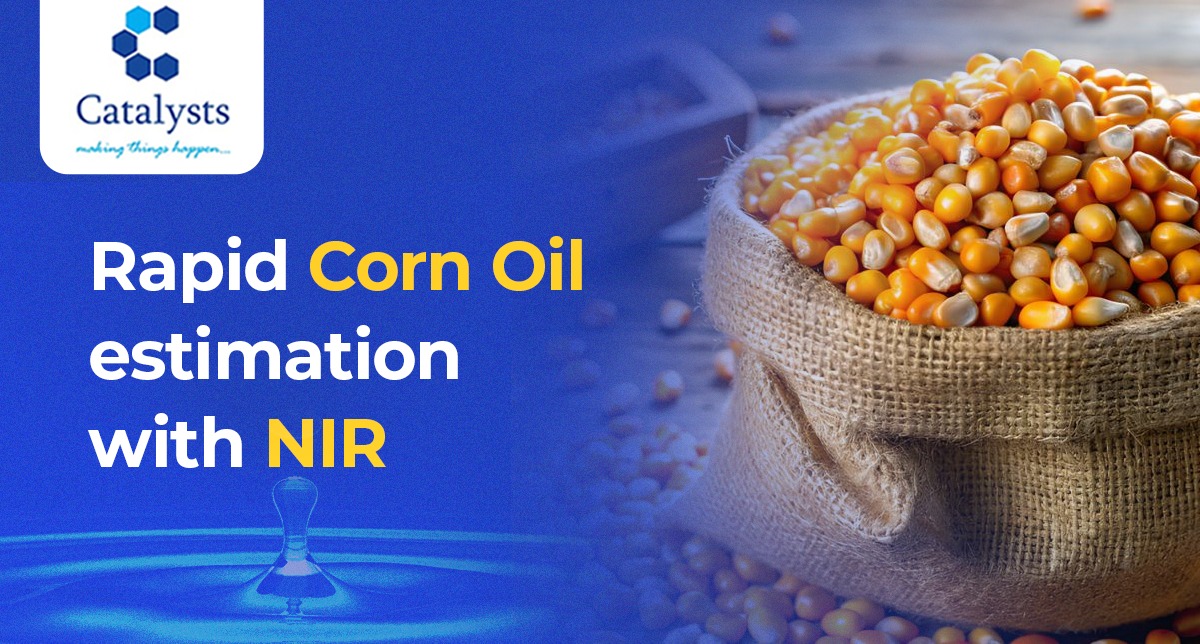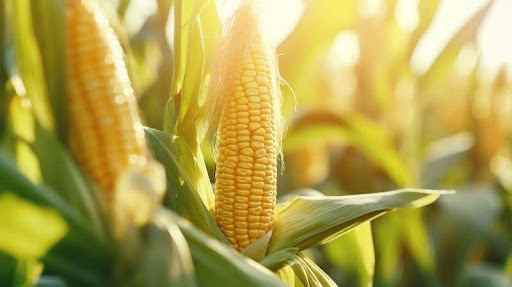
Enzymes, those remarkable biological molecules, come in a wide variety,
each tailored to perform specific tasks within living organisms. These
specialized proteins act as catalysts, accelerating chemical reactions that are
essential for life. In this article, we'll delve into the different types of
enzymes and the roles they play.
1. Oxidoreductases:
Oxidoreductases are enzymes involved in oxidation-reduction reactions,
where electrons are transferred between molecules. An example of this type of
enzyme is dehydrogenase, which plays a vital role in cellular respiration,
helping convert glucose into energy.
2. Transferases:
Transferases facilitate the transfer of functional groups, such as
phosphate, amino, or methyl groups, from one molecule to another. Kinases, for
instance, are transferases that transfer phosphate groups, crucial in cell
signaling and regulation.
3. Hydrolases:
Hydrolases are responsible for breaking down molecules by adding water.
Lipases break down fats into fatty acids and glycerol, while proteases cleave
proteins into amino acids. These enzymes are essential for digestion and
nutrient absorption.
4. Lyases:
Lyases catalyze reactions that result in the addition or removal of
groups without water. An example is decarboxylase, which removes carbon dioxide
from amino acids, forming biologically active amines.
5. Isomerases:
Isomerases convert molecules from one isomeric form to another. An
enzyme like isomerase can transform glucose-6-phosphate into fructose-6-phosphate,
a crucial step in glycolysis.
6. Ligases:
Ligases are involved in the joining of two molecules using energy from
the hydrolysis of ATP. DNA ligase, for instance, is essential in DNA
replication and repair.
7. Hydratases:
Hydratases catalyze the addition of water to a substrate, forming a
hydrate. Fumarase, for example, converts fumarate to malate in the citric acid
cycle.
8. Synthetases:
Synthetases are a type of enzyme that bond two molecules together,
usually requiring energy from ATP or other nucleotide triphosphates.
Aminoacyl-tRNA synthetases, for instance, are critical in protein synthesis.
9. Dehydrogenases:
Dehydrogenases remove hydrogen atoms from substrates, often transferring
them to coenzymes like NAD+ or FAD. They play a crucial role in cellular
respiration and energy production.
10. Polymerases:
Polymerases are responsible for building long chains of molecules, such
as DNA or RNA. DNA polymerases ensure the accurate replication of genetic
material during cell division.
These are just a few examples of the diverse types of enzymes found in
living organisms. Each type has its unique structure and function, contributing
to the intricate web of biochemical processes that sustain life.
Enzymes are remarkable biological catalysts with diverse applications
across various industries, including sugarcane processing, ethanol
fermentation, and both industrial and craft brewing.
In sugarcane processing, enzymes are employed to break down complex
carbohydrates and facilitate the extraction of sucrose from sugarcane juice.
These enzymes aid in the separation and purification of sugar, improving
overall yield and efficiency. Their use is pivotal in the sugar industry,
enabling the production of high-quality sugar products.
In ethanol fermentation, enzymes are crucial for the conversion of raw
materials, such as molasses and grains, into ethanol. Enzymes accelerate the
breakdown of starches and complex sugars into fermentable sugars, enabling
yeast to convert them into ethanol. This process is central to the production
of biofuels and alcoholic beverages, including both industrial-scale ethanol
production and the craft brewing of beer.
Industrial and craft brewing rely on enzymes for various purposes, such
as mashing, filtration, and flavor enhancement. Enzymes help brewers optimize
the mashing process by efficiently converting starches into sugars, resulting
in higher alcohol content and improved beer quality. Whether in large-scale
industrial settings or smaller craft breweries, enzymes play a significant role
in brewing by enhancing efficiency and product quality.
Overall, the application of enzymes in sugarcane processing, ethanol
fermentation, and brewing industries underscores their versatility and
importance in various biological processes, leading to improved yield, product
quality, and process efficiency.
Recent Posts

Rapid Corn Oil Estimation with Near-Infrared Spectroscopy: An Effective Analytical Technique with Ne
Explore the effectiveness of near-infrared spectroscopy in rapidly estimating corn oil, providing new perspectives and enhancing analytical techniques in agriculture.

GC-FID: A tool for analysis of FAMEs in corn oil
Explore GC-FID, the essential tool for accurate FAME analysis in corn oil. Unlock detailed insights and improve your research outcomes today.

The Role of Enzymes in Maize-to-Ethanol Fermentation
With the rising demand for renewable energy sources and sustainable fuel alternatives, ethanol production has gained significant momentum worldwide. Ethanol, also known as bioethanol, is a biofuel commonly used as a renewable alternative to fossil fuels. One of the most popular feedstocks for ethanol production is maize (corn), primarily due to its high starch content, wide availability, and suitability for large-scale production.
Catalysts Connect
Keep up to date with our latest news and analysis by subscribing to our regular magazine and newsletter

Post a comment
Your email address will not be published.